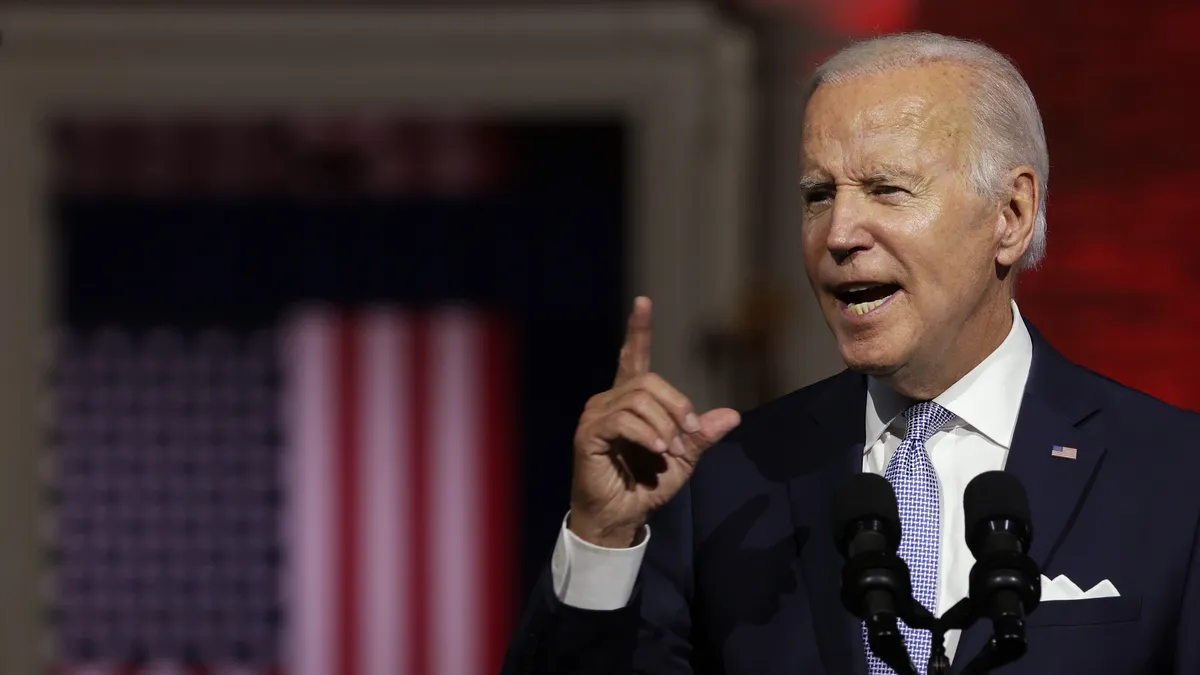Men and women express different views about gender-related gaps in pay and promotions, which appear to vary from reality in the workplace, according to a March 18 report from HiBob.
Despite overall progress for women in the corporate world, perception gaps still exist, which may indicate a lack of transparency or a disconnect in cultural communications, according to the report.
“2022 was the year for the employee upperhand and the Great Resignation, but 2023 was the year regulators pushed for better salary transparency and pay equity both at the organizational level and externally,” Ronni Zehavi, co-founder and CEO of HiBob, said in a statement. “Reports like this aim to dispel myths and guide businesses in confronting reality.”
In a survey of 2,000 professionals, 80% of men said men and women are promoted equally, as compared with 61% of women who said the same. On the other hand, 35% of women said men are promoted more often or quicker than women, and 22% of women believe working mothers are promoted less. In reality, 50% of men said they were promoted with a pay increase in 2023, as compared with 34% of women.
In addition, 82% of men believe they are paid equally to women, and 34% of women believe men are paid more than them for the same role. However, 82% of respondents said their organization doesn’t share salary information. Men were three times as likely to receive a benefits increase, at 75%, versus 25% of women.
When it comes to leadership, 53% of men said they felt their company made a visible effort in the last year to develop more women leaders, as compared to 38% of women who said the same. Only 33% of women said their company had balanced male/female leadership.
Other studies also point to this perception gap. More than three-quarters of workers surveyed by eLearning Industry last year said their leaders show bias in promotion decisions, and more than half said their leaders only promote people who share their opinions. More than half also said their companies don’t offer learning or training opportunities that would allow them to get promoted.
Although pay transparency may narrow pay gaps, it may not close them entirely, according to a study by University of Delaware researchers. Other factors, such as aggressiveness, competitiveness and social comparison, can affect how job candidates approach pay discussions during the hiring process.
Most HR professionals agree that women face discrimination in the labor market, according to a report from the Society for Human Resource Management. However, people managers don’t tend to receive formal training around pay equity or business-related pay decisions, which may in part contribute to ongoing perception gaps.












